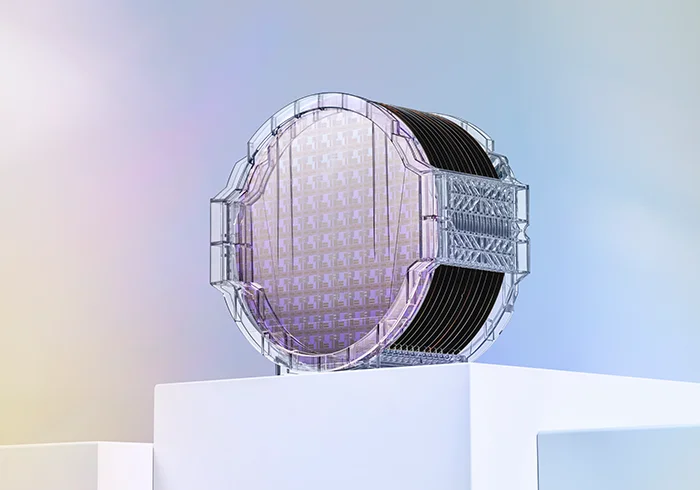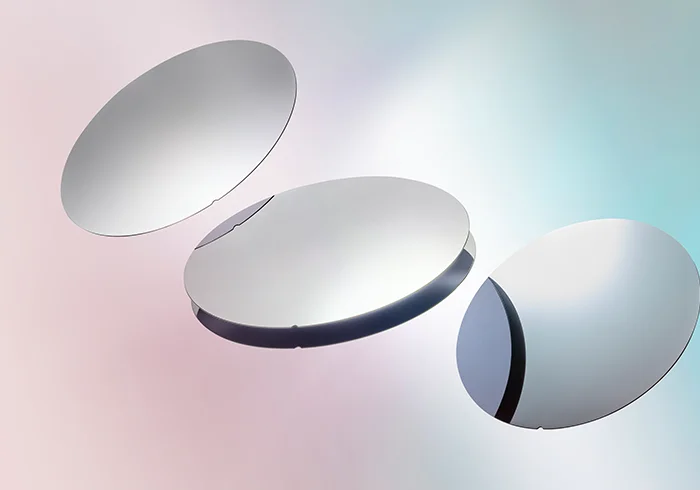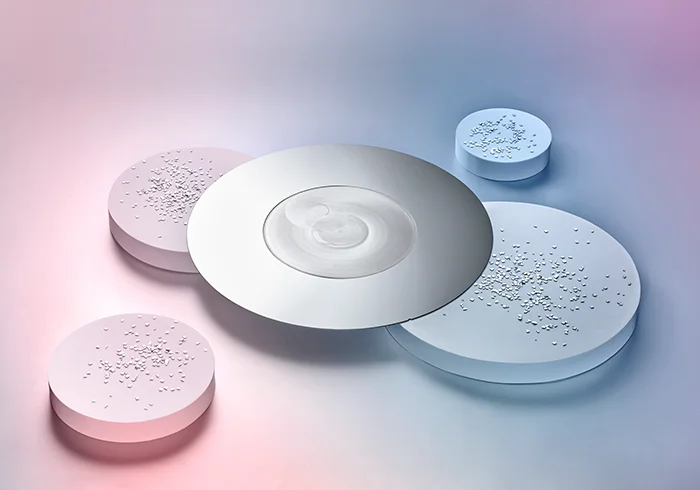Everything about Wafers – Manufacturing, types, and applications
Wafers play a central role in modern technology and are essential in numerous industries. In this FAQ, we answer the most frequently asked questions about wafers, their manufacturing, and applications.
What is a Wafer? / Wafer – What is it?
A wafer is a thin disc, typically between 0.2 mm and 0.775 mm thick, usually made of silicon, serving as the foundation for producing electronic components such as microchips. These circular discs are used in the semiconductor industry to manufacture integrated circuits (ICs). The term “wafer” is often used synonymously with semiconductor wafers, as they form the basis of modern technologies.
What is a Silicon Wafer?
A silicon wafer is a wafer made of pure silicon. Due to its electrical properties, silicon is the most commonly used material in the semiconductor industry. It is extracted from quartz sand and processed at high temperatures to achieve extremely high purity. These silicon wafers serve as substrates for manufacturing microchips, solar cells, and other electronic components.
What is a Semiconductor Wafer?
A semiconductor wafer refers to the use of wafers in semiconductor production. Electronic components such as transistors, diodes, or integrated circuits are manufactured directly on the wafer surface. The semiconductor industry relies on the high quality and precision of wafers, as they are crucial for the performance of modern technologies in fields such as automotive, medical, and aerospace.
How are Wafers manufactured?
The production of wafers involves several precise steps, all carried out in cleanrooms, specialized facilities with extremely low airborne particle contamination, as even the smallest impurities could affect wafer quality. The wafer manufacturing process consists of several precise steps:
- Silicon Extraction: Reines Pure silicon is extracted from quartz sand.
- Single Crystal Growth: Using the Czochralski process, single crystals (ingots) are pulled from molten silicon.
- Cutting: These ingots are sliced into thin discs that later serve as wafers.
- Polishing: The wafer surface is highly polished to create an ideal base for manufacturing electronic components.
- Cleaning: Finally, wafers are thoroughly cleaned to remove any remaining particles or contaminants.
This precise manufacturing process ensures that wafers meet the highest standards and can be used in numerous industries and applications.
Which Wafer manufacturers exist?
The wafer industry is dominated by specialized manufacturers focused on producing high-quality semiconductor wafers. Some of the most well-known manufacturers include:
- Siltronic AG: A leading German manufacturer of silicon wafers.
- GlobalWafers: A globally operating company with a wide portfolio of wafers.
- SUMCO: A Japanese company specializing in ultra-pure silicon wafers.
- Shin-Etsu: One of the world’s largest semiconductor wafer manufacturers.
- Soitec: Specializing in innovative technologies such as SOI wafers (Silicon-On-Insulator).
Why is it beneficial to source Wafers through a supplier?
Sourcing wafers through a specialized supplier offers many advantages. Suppliers can provide access to a wider range of manufacturers and technologies. Customers also benefit from comprehensive services, a central point of contact, and the ability to obtain everything from a single source - from consultation to delivery. This simplifies the procurement process and offers greater flexibility in finding the right solution.
Additional benefits include:
- Small quantities available: Even low volumes can be supplied, which large manufacturers often do not offer.
- Local time zone support: Quick response times and easy accessibility.
- Clear communication: German-speaking service with no misunderstandings.
- Customs included: Delivery with complete customs clearance.
We answer your questions
Wafers are the foundation of modern electronics and play a crucial role in technological advancement. As an experienced and reliable partner and wafer supplier, we are here to support you.
Do you have questions about our products or solutions?
Contact us – we’re happy to help!



